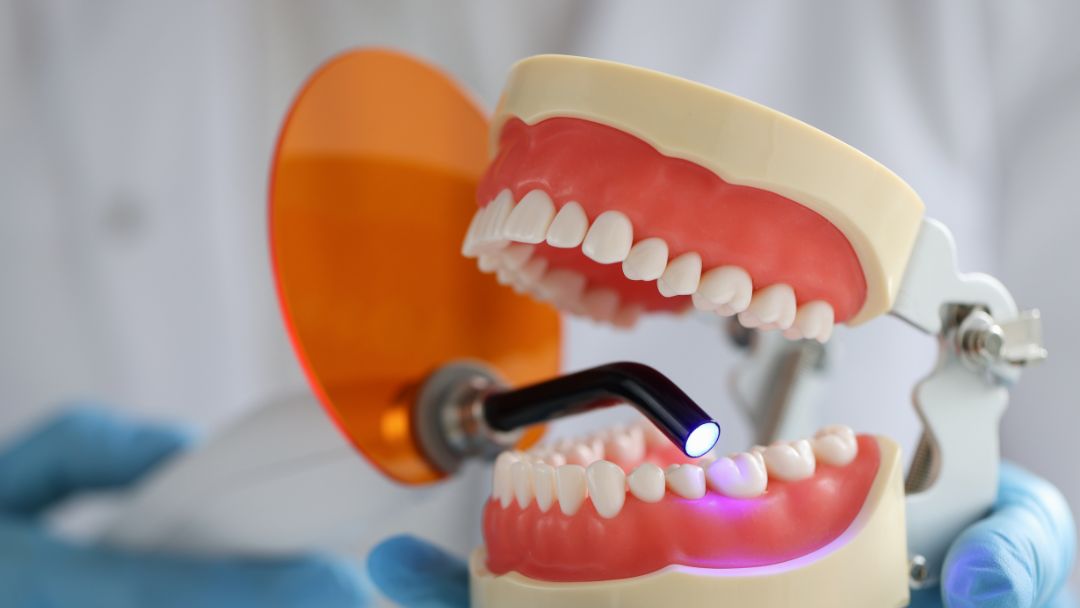Outline
- Introduction
- The Importance of Dental Health
- Oral Health and Overall Well-being
- Preventing Dental Issues
- Understanding Regular Dental Checkups
- What Happens during a Dental Checkup
- Frequency of Dental Checkups
- Benefits of Regular Dental Checkups
- Early Detection of Dental Problems
- Professional Teeth Cleaning
- Oral Cancer Screening
- Dental X-Rays for Diagnosis
- Maintaining Good Oral Hygiene at Home
- Brushing and Flossing Techniques
- Importance of a Balanced Diet
- Overcoming Dental Anxiety
- Communication with Your Dentist
- Sedation Dentistry Options
- Conclusion
- FAQs
Introduction
Maintaining good dental health is crucial for overall well-being. Regular dental checkups play a vital role in preventing oral health problems and detecting any issues early on. In this article, we will explore the power of regular checkups and the benefits they provide in maintaining optimal dental health.
The Importance of Dental Health
Your oral health directly impacts your overall well-being. Poor oral health can lead to various health issues, including gum disease, tooth decay, and even systemic conditions such as cardiovascular disease. Taking care of your teeth and gums is essential for a healthy smile and a healthy body.
Regular dental checkups are a fundamental aspect of preventive dental care. By visiting your dentist regularly, you can address any dental concerns before they become major problems. Preventive care is more effective and cost-efficient than treating dental issues that have progressed.
Understanding Regular Dental Checkups
Regular dental checkups typically involve two parts: the examination and the cleaning. During the examination, your dentist will evaluate the health of your teeth, gums, and overall oral cavity. They will check for signs of decay, gum disease, and other dental issues. X-rays may be taken to diagnose hidden problems.
The cleaning, also known as a dental prophylaxis, involves removing plaque, tartar, and stains from your teeth. Your dentist or dental hygienist will use special tools to clean and polish your teeth, leaving them smooth and shiny. They will also provide guidance on proper brushing and flossing techniques.
The frequency of dental checkups may vary depending on your oral health and individual needs. In general, it is recommended to visit your dentist every six months for routine checkups. However, your dentist may suggest more frequent visits if you have specific conditions or risk factors.
Benefits of Regular Dental Checkups
Regular dental checkups offer several key benefits that contribute to your oral health:
- Early Detection of Dental Problems: Regular checkups allow your dentist to identify dental issues at their earliest stages. This enables prompt intervention and prevents the problems from worsening.
- Professional Teeth Cleaning: During a checkup, your dentist or dental hygienist will perform a thorough cleaning, removing plaque and tartar that regular brushing and flossing may miss. This helps prevent tooth decay and gum disease.
- Oral Cancer Screening: Dental checkups often include an oral cancer screening. Early detection of oral cancer greatly increases the chances of successful treatment.
- Dental X-Rays for Diagnosis: X-rays are an essential tool in dentistry. They help dentists identify issues such as tooth decay, bone loss, and impacted teeth that are not visible during a visual examination.
Maintaining Good Oral Hygiene at Home
While regular dental checkups are crucial, maintaining good oral hygiene at home is equally important. Here are some tips to keep your teeth and gums healthy between dental visits:
- Brushing and Flossing Techniques: Brush your teeth at least twice a day using a soft-bristled toothbrush and fluoride toothpaste. Floss daily to remove plaque and food particles from between your teeth.
- Importance of a Balanced Diet: A nutritious diet plays a significant role in maintaining dental health. Limit sugary and acidic foods and drinks, as they can contribute to tooth decay. Opt for a well-balanced diet rich in fruits, vegetables, whole grains, and lean proteins.
Overcoming Dental Anxiety
Dental anxiety is common and can prevent individuals from seeking regular dental care. However, there are strategies to help overcome dental anxiety:
- Communication with Your Dentist: Talk to your dentist about your fears and concerns. They can explain procedures, address your worries, and offer techniques to help you relax during your visit.
- Sedation Dentistry Options: If anxiety is severe, your dentist may offer sedation dentistry options to help you feel more comfortable during dental procedures. These can range from mild sedation techniques to deep sedation or general anesthesia.
Conclusion
Regular dental checkups are essential for maintaining optimal dental health. They help prevent dental issues, detect problems early, and keep your smile bright and healthy. By combining regular checkups with good oral hygiene practices at home, you can enjoy a lifetime of healthy teeth and gums.
FAQs
Q1. How often should I visit the dentist for a checkup?
It is generally recommended to visit your dentist every six months for a routine checkup. However, your dentist may suggest more frequent visits based on your oral health needs.
Q2. Are dental checkups painful?
Dental checkups are typically painless. Your dentist will ensure your comfort throughout the examination and cleaning process. If you experience any discomfort, it is important to communicate with your dentist so that appropriate measures can be taken.
Q3. Can I use dental insurance for regular checkups?
Most dental insurance plans cover regular checkups as part of preventive care. It is advisable to check with your insurance provider to understand your coverage and any associated costs.
Q4. What happens if dental issues are found during a checkup?
If dental issues are detected during a checkup, your dentist will discuss the treatment options with you. They will develop a personalized treatment plan to address the specific problems and restore your dental health.
Q5. How can I maintain good oral hygiene between dental visits?
To maintain good oral hygiene between dental visits, brush your teeth at least twice a day, floss daily, and follow a balanced diet. Avoid tobacco use and limit your consumption of sugary and acidic foods and drinks.
